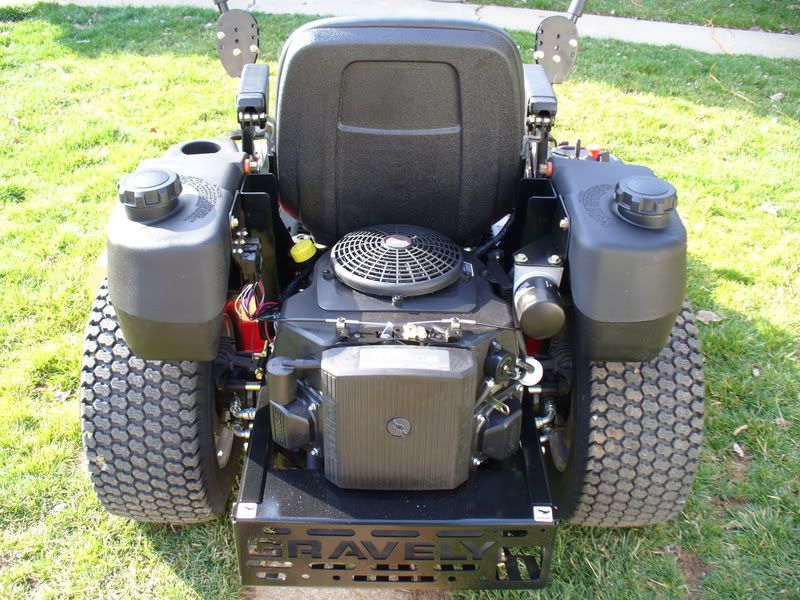http://www.machinerylubrication.com/Read/475/oil-breakdown
http://www.midtownoil.com/downloads/What Is Oxidation In Lubricating Oil.pdf
general rule is oxidation doubles for every 10 deg C rise in temperature for mineral based oils once over 200F... or in other words oxidation rate increases exponentially with increase in temperature.
This general rule applies to mineral based oils, but do not make an incorrect conclusion that synthetic oils do not oxidize, or wear out sooner, with increased temperature. They do, just not as quick as mineral based oils. And this oxidation is regarding the base oil, the additives are independent and if the same additive is present in both a mineral based and synthetic based oil and is significantly affected by temperature then the synthetic is no better than a mineral based oil in that respect. In general I believe any oil starts to break down once over 200F, with the meaning of "break down" very subjective; and on top of that you have break down of which, the base oil or the additives.
The real problem is oil temperature, the best solution is to maintain respectable oil temps, preferably under 200F, and higher than 150F. When you're stuck with high oil temps (250F + for extended periods) because of a poor cooling design, which is exactly what it is- stop thinking the manuf. is 100% correct 100% of the time- then you make your lubrication choice accordingly. First is viscosity, choose the correct viscosity weight for the intended operating temp, and also range of temps the oil will see. I honestly don't know what the minimum viscosity is for bearings and other loaded surfaces, and then you get into acceptable minimum, economy, what's best for longevity, etc. but from reputable sources such as above they have stated 13 cSt for journal bearings and hydraulic systems are 25 cSt which give optimal efficiency with minimal parasitic loss.
Synthetic oils have a flatter viscosity curve (higher viscosity index) but they still thin out at higher temperatures, so for a given temperature a lower weight synthetic does not equal a higher weight mineral oil. If you have 250 deg oil temps you would be wise to choose a 50 weight oil, mineral or synthetic; the question then becomes what's the coldest temps the oil will see. If it's 60F + then you could use a monograde SAE50, but if you're starting the engine on cold mornings then a 5w-50 or 15w-50 is a better choice if not required. also know ambient temps will play a big role in what your operating oil temp will be, such as if the tractor is used during the winter then operating temps will be much lower so you would probably want to use regular 10w-30 in that case.
and with high temperatures and oil break down, that's also subjective; too many people think high oil temp = instant problem; that's not necessarily true. It is if viscosity thins out to the point of wear, but general oil life is 50+ hours so even with a cheap mineral based oil running at 250F you could run all season assuming run time is under 50 hours... this is where oil analysis would come in handy.



